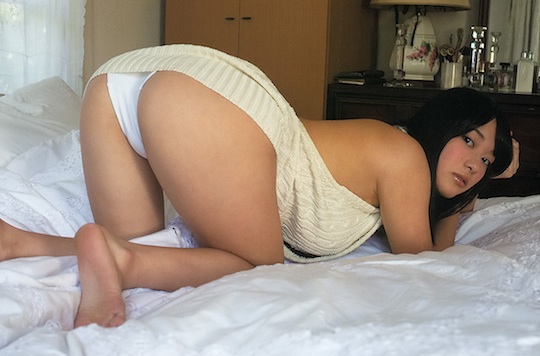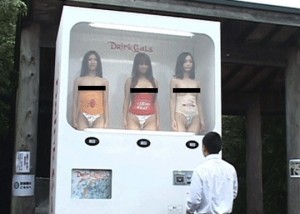Economist says 1 in 20 Japanese women are sex workers
They might look like sweet, innocent girls. But they’re not.
And now their secret has been calculated.

In September, the economist Yasuyuki Iida published a book, Yoru no keizaigaku (Nightnomics), in which he worked out the number of women in Japan who have worked in prostitution in some form, based on analysis of real data.
He says that 1 woman in every 20 is likely a sex worker or has been a sex worker.
“At present, there are around 10,000 sex clubs/shops (fuzoku) operating in Japan. If we look at their websites at who is working there, we could say that there are around 30 women per club. In other words, calculating 10,000 shops by 30 people, we have a total of 300,000 women currently working as prostitutions in fuzoku.”

It goes without saying that not every woman in fuzoku clubs and parlors goes the whole way — by law they are not supposed to — and of course, there are lots of shadier sides of fuzoku, such as hostesses and so on who cross over the line from time to time. Plus there are the uncounted numbers of women operating in establishments that don’t have websites or are not registered, or who are simply plying their trade on the streets (many of these are foreign).
Iida, though, is more logical and sets about thinking about numbers who have retired. He postures that a ten-year career in fuzoku seems rational, based on data from the 1960s and 1970s about women placed in correctional facilities.

Iida goes on to calculate that roughly 30,000 women would be joining each year and 30,000 leaving the profession. Using 2012’s population figures, there were around 700,000 women aged 25-29, of whom (if we presume all prostitutes are that young, which is not always the case), around 30,000 would have been working in sex clubs. That comes to around 5%.
And this is how we arrive at the 1-in-20 figure, though the Shukan Post, a weekly tabloid, is a bit skeptical due to all the margins for error.

Iida also concedes that his data is old and that since 1989, less and less women have been arrested and put into correctional facilities. This makes his job harder and our imaginations go into overtime as to the real numbers! “The ‘1-in-20’ figure should just be a reference,” he says.













